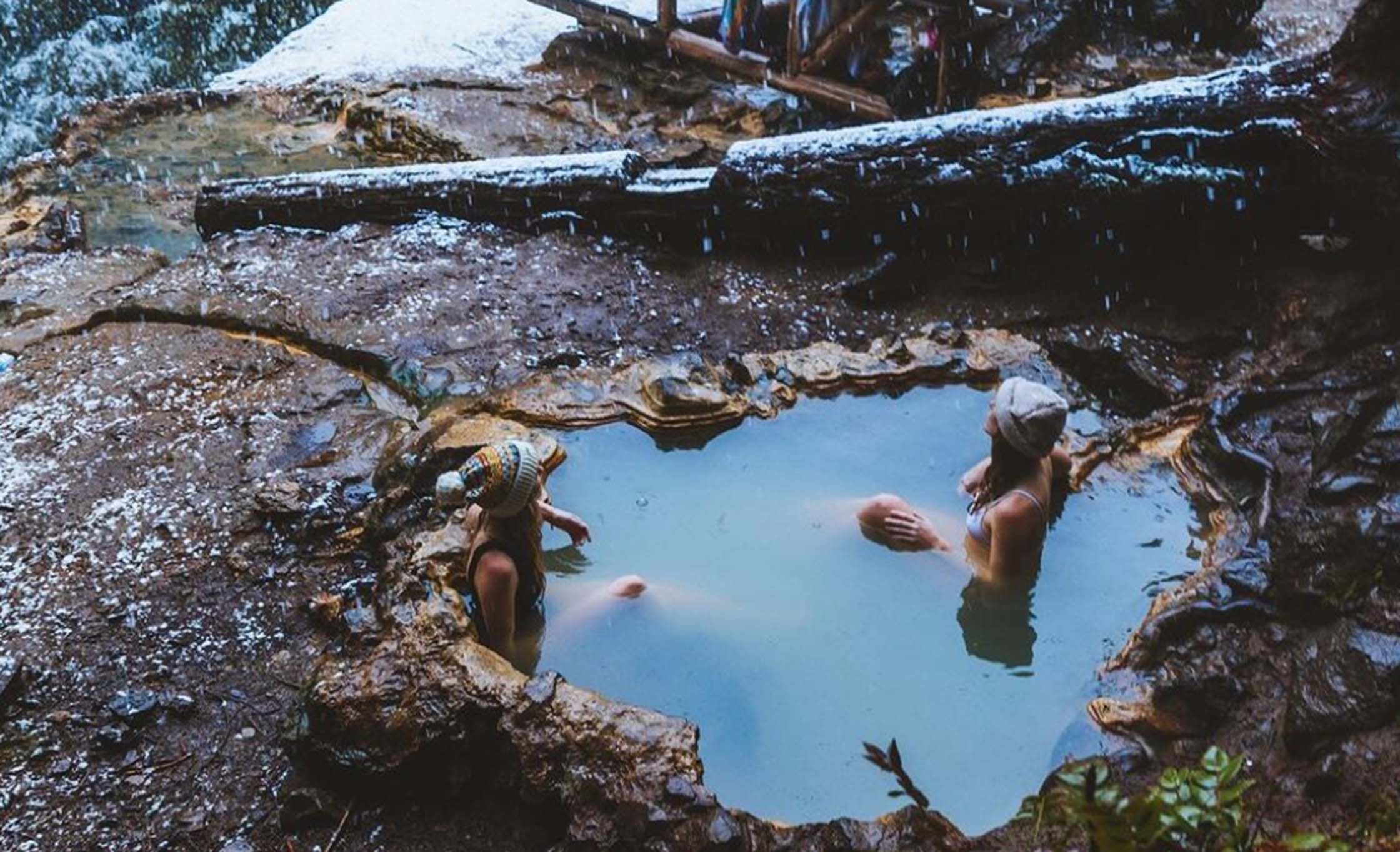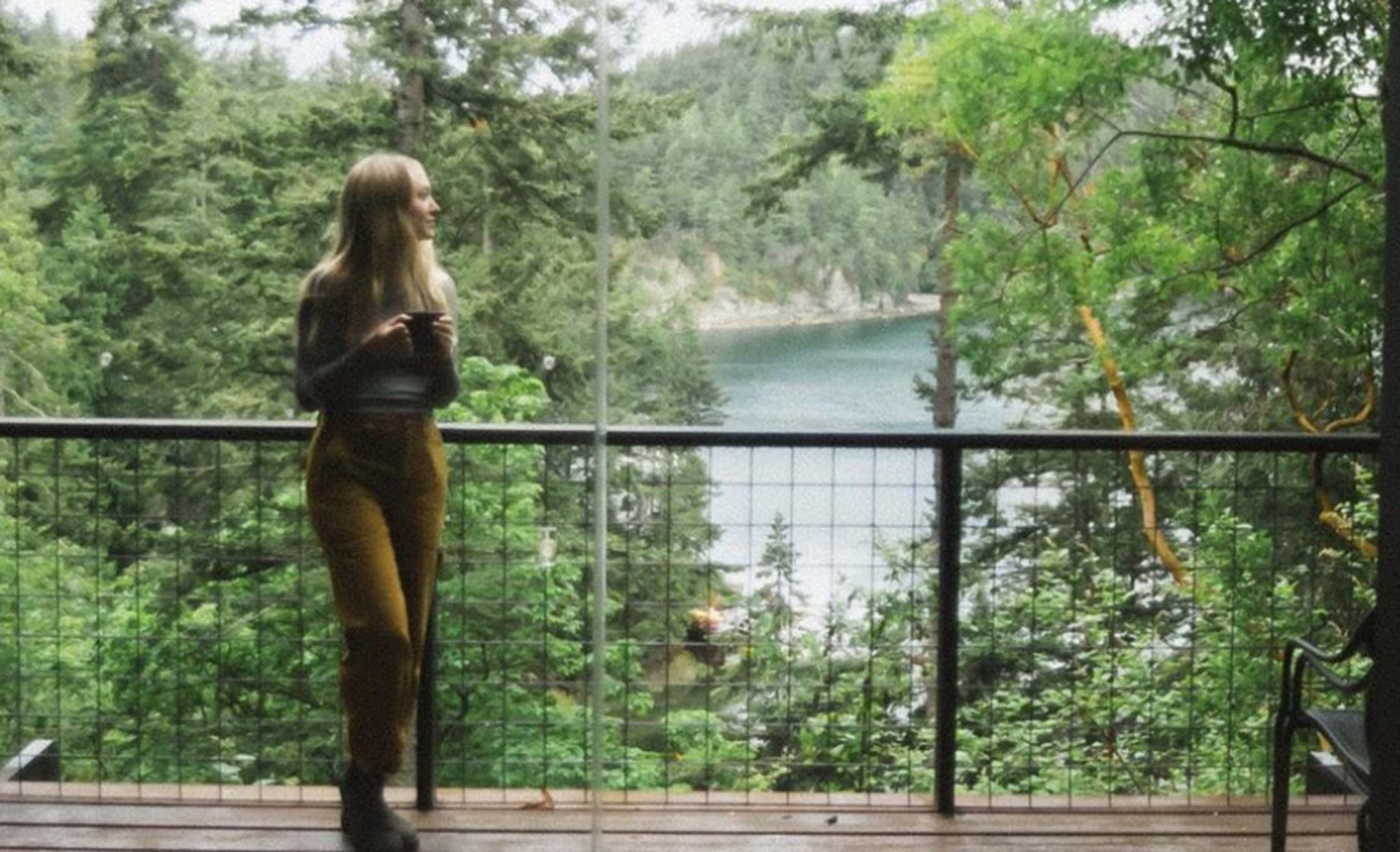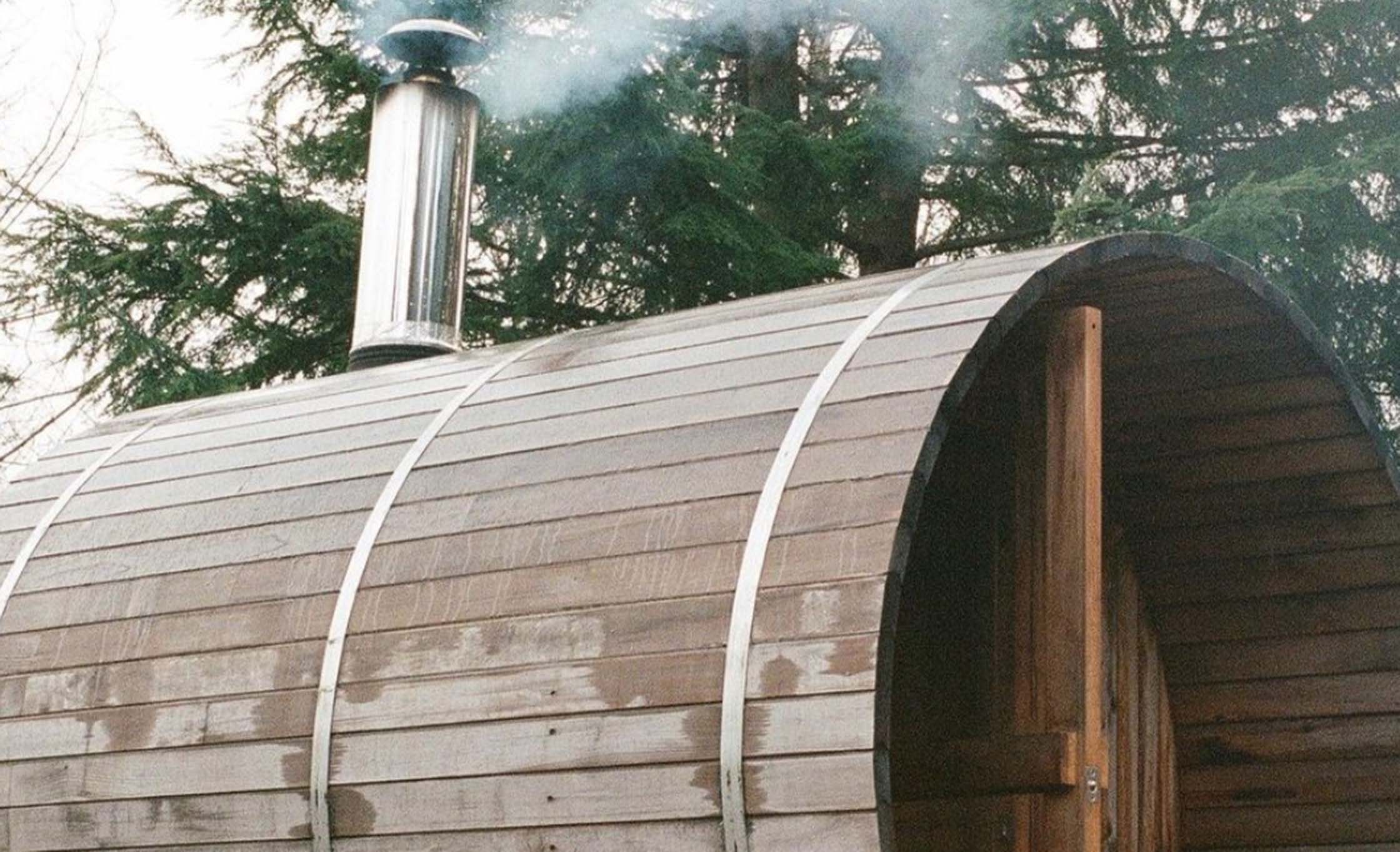Portland’s natural beauty is truly captivating. There’s an undeniable allure to immersing oneself in the lush forests, meandering rivers, and serene landscapes that surround this vibrant city. For me, the connection to nature here is profound. It’s not just about admiring it from a distance; it’s about truly experiencing and embracing it.
Benefits of Free Camping
For those drawn to this experience, the benefits are manifold. Firstly, there’s the immersion in nature’s tranquility. Picture waking up to the chirping of birds, the rustle of leaves, and the soothing sound of nearby streams—all without the constraints of typical lodging. There’s an unparalleled sense of freedom in setting up camp amidst a forest or alongside a bubbling brook, far away from the city’s hustle.
Moreover, free camping is incredibly cost-effective. It opens up avenues for exploration without the financial burden of traditional campsites or hotels. The freedom to hop from one camping haven to another, discovering hidden gems and lesser-known trails, is exhilarating. Each site has its unique charm, offering personal experiences and discoveries that add depth to the camping journey.
My own experiences while camping for free around Portland have been nothing short of magical. Whether it’s witnessing a breathtaking sunset over a valley or falling asleep to the symphony of nocturnal forest creatures, these moments leave an indelible mark. They foster a deep appreciation for the simplicity and raw beauty of nature.
In essence, free camping is not just about spending a night outdoors—it’s about forging a deeper connection with nature, finding solace in its embrace, and discovering the true joy of exploration. It’s an invitation to venture off the beaten path and savor the unspoiled beauty that Portland’s natural landscapes have to offer.
Essential Camping Gear
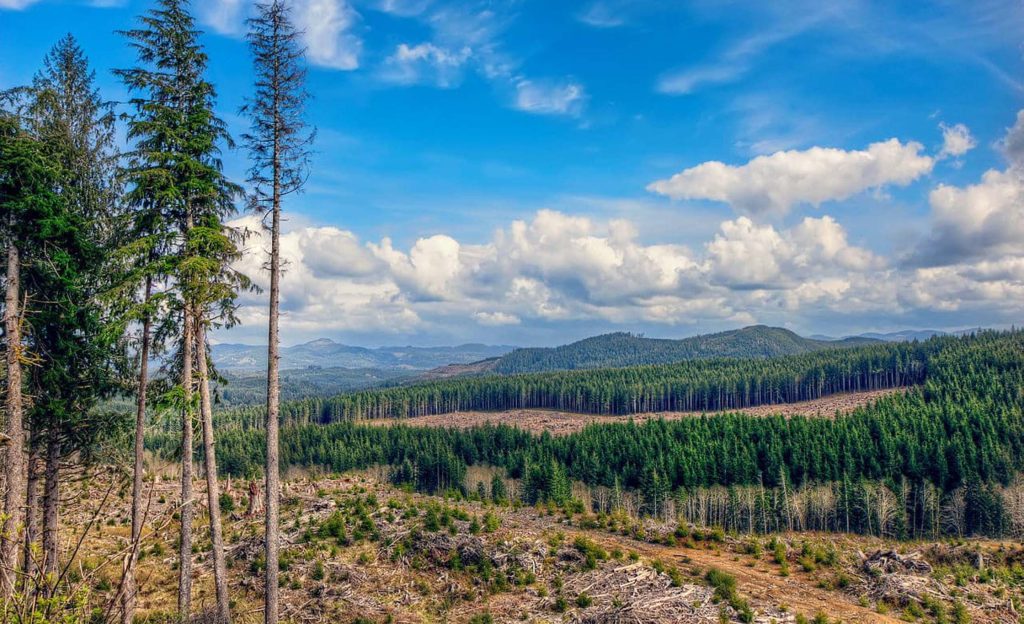
Shelter & Sleeping Essentials:
- Tent: Opt for a durable, weather-resistant tent suitable for the number of campers. Consider a slightly larger tent for extra space and comfort.
- Sleeping Bags & Pads: Invest in quality sleeping bags suitable for the season. Pair them with sleeping pads or mattresses for insulation and comfort.
- Portable Stove or Campfire Cooking Gear: Depending on regulations at the camping site, bring a portable stove or campfire cooking equipment for meals.
Clothing & Personal Gear:
- Layered Clothing: Portland’s weather can be unpredictable. Pack layers for varying temperatures, including moisture-wicking base layers, insulating mid-layers, and waterproof outerwear.
- Sturdy Footwear: Comfortable and sturdy hiking boots or shoes are a must for exploring trails and uneven terrain.
- Headlamp/Flashlight: Essential for navigating campsites in the dark and hands-free illumination.
Camping Accessories:
- First Aid Kit: Include basic medical supplies for minor injuries or emergencies.
- Multi-tool or Knife: Useful for various tasks, from food preparation to basic repairs.
- Maps & Navigation Tools: Even if you rely on GPS, having a physical map and a compass is wise in case of technology failure.
Weather Preparedness:
Portland’s weather can change rapidly, so being prepared is key. Consider the following:
- Rain Gear: Pack waterproof jackets, pants, and tarps to keep dry during rainy spells.
- Extra Tarps and Rope: Useful for creating additional shelter or covering gear during rain.
- Sun Protection: Hats, sunglasses, and sunscreen for sunny days.
Location 1: Oxbow Regional Park
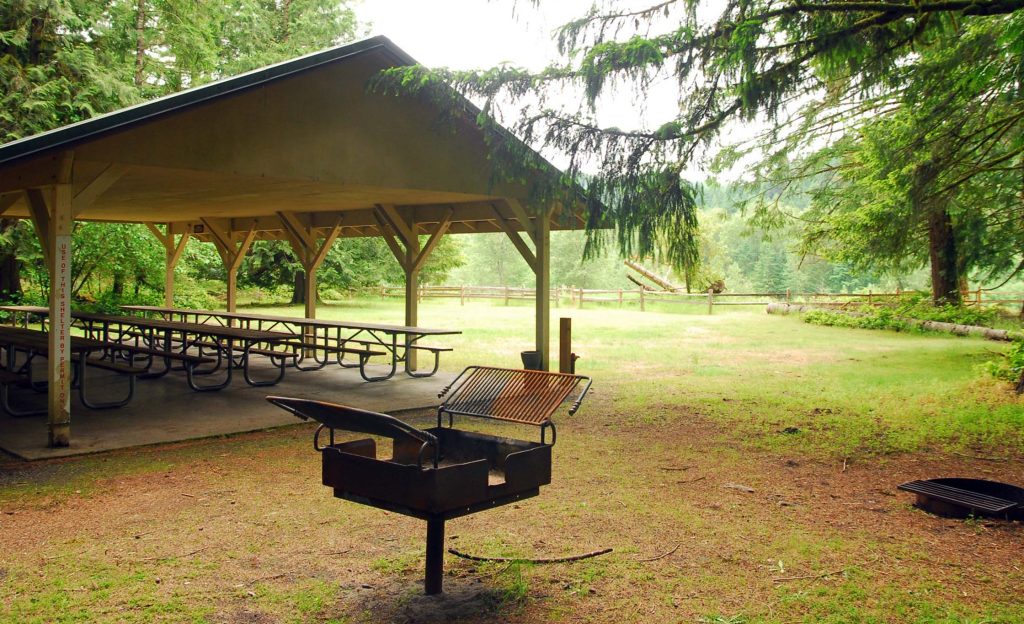
Description: Oxbow Regional Park is a serene haven nestled alongside the Sandy River, offering a variety of camping sites amidst verdant forests. These sites cater to both tent and RV campers, some positioned by the riverbank while others tucked away amidst trees.
Personal Experience: The tranquility at Oxbow Park is truly unparalleled. Waking up to the gentle symphony of the river’s flow and the refreshing scent of pine is an experience that lingers. The well-maintained sites amplify the allure of the natural beauty that envelopes the area.
Activities & Amenities: The park boasts an array of hiking trails that reveal breathtaking vistas of the surrounding landscapes. The Sandy River invites campers for swimming, fishing, and kayaking adventures. Basic amenities like restrooms and fire pits are available, but note that there’s no electricity hookup.
Recommendations: Arriving early, particularly on weekends, is advisable as spots tend to fill up swiftly. Packing essentials such as bug spray and ample firewood enhances the camping experience. Seize the chance to disconnect from technology and fully embrace immersion in the untouched beauty of nature.
Location 2: Tillamook State Forest
Introduction to Tillamook State Forest:
Nestled a short distance from Portland, Tillamook State Forest invites adventurers to embrace its untamed beauty, offering dispersed camping amidst majestic forests and meandering waterways. The forest’s intricate network of trails and captivating landscapes beckons explorers seeking solace in nature’s embrace.
Personal Reflections on Tillamook:
For me, Tillamook State Forest is an oasis of solitude, a sanctuary where the wilderness whispers its timeless secrets. It’s a haven that beckons hikers and nature aficionados, offering a canvas of uncharted trails and hidden nooks to discover. Each moment spent here feels like a tranquil retreat into the heart of raw, untamed landscapes.
Unique Features & Attractions:
Within this forest realm lies the Tillamook Forest Center, a treasure trove of knowledge unveiling the intricate web of the region’s ecology. The Wilson River Trail, a gateway to breathtaking vistas, invites wanderers to lose themselves in its beauty. Nearby, cascading wonders like University Falls add enchantment to the exploration, enticing adventurers to unveil their mystique.
Recommendations & Insights for Camping:
As a realm of primitive camping, preparation is key. Ensure an ample supply of water, nourishment, and the right gear to embrace the wilderness comfortably. Honoring the principles of Leave No Trace is imperative—letting the forest thrive undisturbed by our presence ensures its enduring splendor.
Tillamook State Forest holds an inexplicable allure, drawing kindred spirits seeking solace in the wilderness. It’s a realm where silence speaks volumes and each rustle of leaves tells a story. Amidst its untouched grandeur, camping becomes an immersive experience—a chance to merge with nature’s rhythm, finding solace in its quiet whispers and unveiling the secrets of its enchanting trails.
Tillamook State Forest, a sanctuary of raw beauty, promises an odyssey into the heart of untamed wilderness. Its rugged charm invites explorers to discover, respect, and cherish the sanctity of nature while leaving behind nothing but footprints and memories. It stands as a testament to the enduring marvels of Portland’s natural treasures.
Both Oxbow Regional Park and Tillamook State Forest offer unique experiences in Portland’s natural splendor. Whether seeking the serenity of river-side camping or the solitude of forest exploration, these locations promise unforgettable encounters with nature’s beauty.
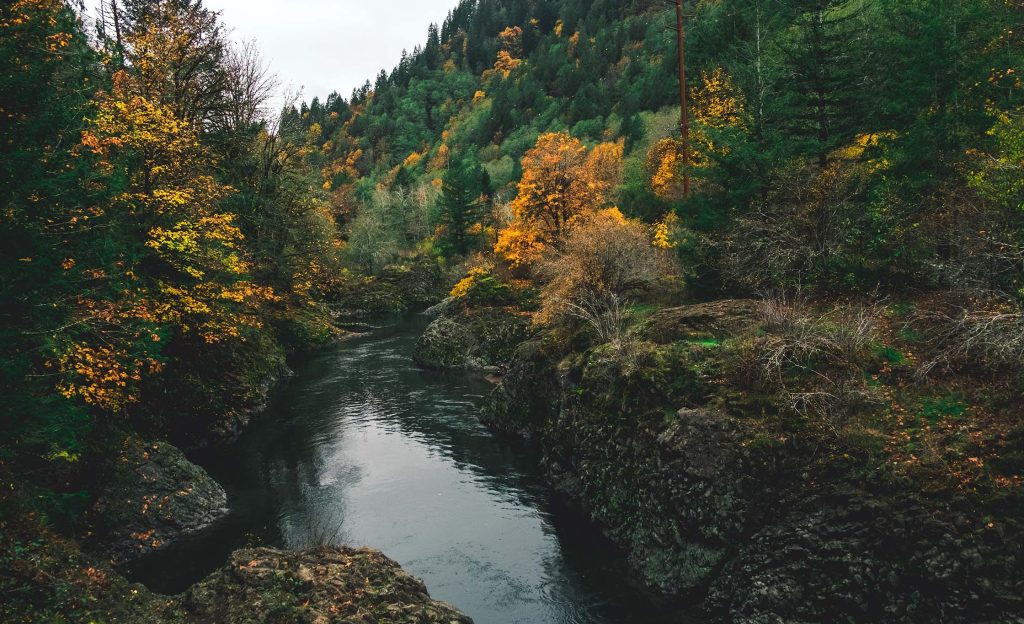
Booking Platforms and Reservations:
- Websites: Platforms like freecampsites.net and Campendium offer user-generated content on free camping spots, including reviews and directions.
- Reservation Tips: For some free camping spots, especially during peak seasons, arriving early is key. However, some areas might require permits or advance reservations, so check the regulations beforehand.
- Personal Insight: Always call ahead or check online forums for the latest information. Some spots may have restrictions or closures due to weather conditions or maintenance.
These spots offer incredible experiences for nature lovers, allowing them to enjoy Portland’s natural beauty without breaking the bank. Happy camping!
Considerations and Safety Measures
Ensuring safety and practicing environmental ethics while camping in the wild are pivotal for both personal well-being and the preservation of natural spaces. Here are comprehensive insights and guidelines based on personal experiences:
Essential Safety Guidelines:
- Planning & Preparation: Research the area, familiarize yourself with the terrain, and inform someone about your camping plans. Check weather forecasts and prepare accordingly.
- Campsite Selection: Choose a safe and level spot away from potential hazards like dead trees, cliffs, or flood-prone areas. Avoid camping too close to water bodies to prevent flooding risks.
- Fire Safety: Follow local regulations for fires, use designated fire pits or rings, and keep a bucket of water and a shovel nearby. Completely extinguish fires before leaving the site or going to sleep.
- Wildlife Awareness: Respect wildlife by keeping a safe distance, storing food properly, and securing trash to prevent attracting animals. Learn about potential animal encounters and how to respond.
- First Aid & Emergency Kit: Carry a well-stocked first aid kit and essential survival gear, including a map, compass, whistle, and emergency supplies.
Environmental Ethics for Responsible Camping:
- Leave No Trace: Practice principles such as packing out all trash, minimizing campfire impacts, and leaving natural objects undisturbed.
- Respect Wildlife: Observe animals from a distance, never feed them, and store food securely to prevent wildlife dependency on human food.
- Minimize Impact: Camp on durable surfaces, avoid widening trails, and use biodegradable soaps away from water sources.
- Conservation & Preservation: Be mindful of fragile ecosystems; refrain from picking plants or disturbing natural formations.
Personal Insights on Safety & Preservation:
From personal experiences, staying safe in the wild involves a combination of preparation, awareness, and respect for nature. Adhering to safety guidelines and being prepared for unexpected situations is crucial for an enjoyable and secure camping experience.
Moreover, preserving natural spaces is a responsibility we hold. Every action we take, from the way we set up camp to how we interact with the environment, impacts the delicate balance of these ecosystems. Respecting and preserving these spaces ensure they remain unspoiled for future generations to enjoy.
By integrating safety practices, environmental ethics, and personal insights, camping in the wild becomes not just an adventure but a harmonious interaction with nature, fostering a deeper appreciation for the beauty and fragility of our natural world.
